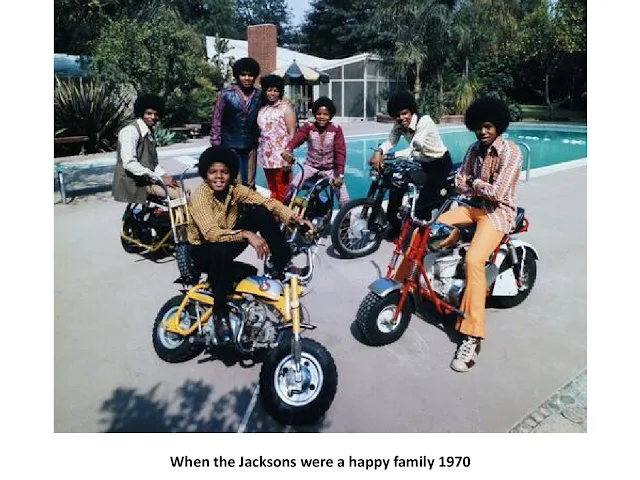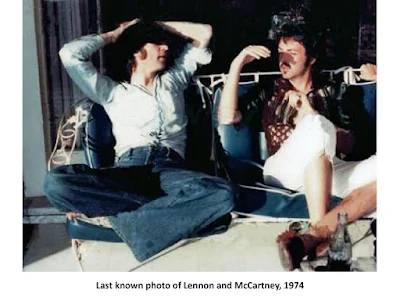mother! (2017)

I went in with both my eyes wide shut, not knowing what to expect. At first, I thought it was going to be a scary movie with all the close camera shots and sudden jerky movements which are often seen in this genre. Then, I thought maybe it was going to be like 'Rosemary's Child' - a happy couple meeting intruders with evil on their minds. Only as I delved further in, did I realise that there were more than met the eyes. It could be a biblical reference to God, Mother Nature, the creation of Adam and Eve, the struggle between Kane and Abel and the seemingly annoying character of people at large.
In the typical fashion of an eerie flick, it started with a newly married couple staying in a secluded house out in the middle of nowhere. Then came trouble in the form of a visitor. And later his wife joined in, to disturb the serenity. Then came their sons who fought over the father's wealth. We are told that the father is stricken with terminal cancer. A brawl ensued, and one of the sons is fatally wounded. At that juncture, I knew something was not right. There were no police at the scene, and the lady of the house was seen faithfully cleaning the crime scene of blood splatter like it was just the most natural thing to do. I had watched too many police procedural dramas to know that one is not supposed to tamper with a crime scene.
No 911 calls and no stroboscopic lights arrived at the home.
It continued getting bizarre. The man of the house was a self-centred man whose only life ambition was to finish his writing and to immerse himself in attention given by fans, journalists and critiques. He tended to draw inspiration from emotional turmoils but at the same time wanted peace for creativity. Then there was a forbidden priceless glass crystal which is supposed to be out of touch, which, of course, the visitors failed to respect.
The lady gets pregnant, but by the time delivery ensues, the home had become a chaotic war zone. The well-wishers went overboard with their praises for him. They had no qualms about showing their displeasure of the lady and even mutilated their baby!
The story symbolically goes to show a narcissistic God who is on a creation spree without giving two-hoots to what his creations are doing to Mother Nature. Mother Nature, despite all the insults that the creations hurl at Her, goes on to repair and nurture. God is only interested in self-glorification. His creations are so blinded by the Creator that they forget that Mother Nature is the one who is really protecting them.
Human's unabated bashing of Mother Nature will only destroy Her. As depicted at the end of the movie, human need not worry. Well, the Creator will just re-create everything one more time and the whole cycle of Adam, Eve, Kane, Abel and so on will only repeat, again and again...
This story may just resonate differently with different people. You can look at it as the Creator who goes on creativity spree only to marvel at his own composition without worrying about their outcome or future. Mother Nature bends over backwards to maintain peace, tranquillity and status quo. The creations, on the other hand, are hellbent on destroying everything. But in an alternate universe, the creation, preservation and destruction are all part of a single spectrum that propels time forward and maintains equilibrium.






























